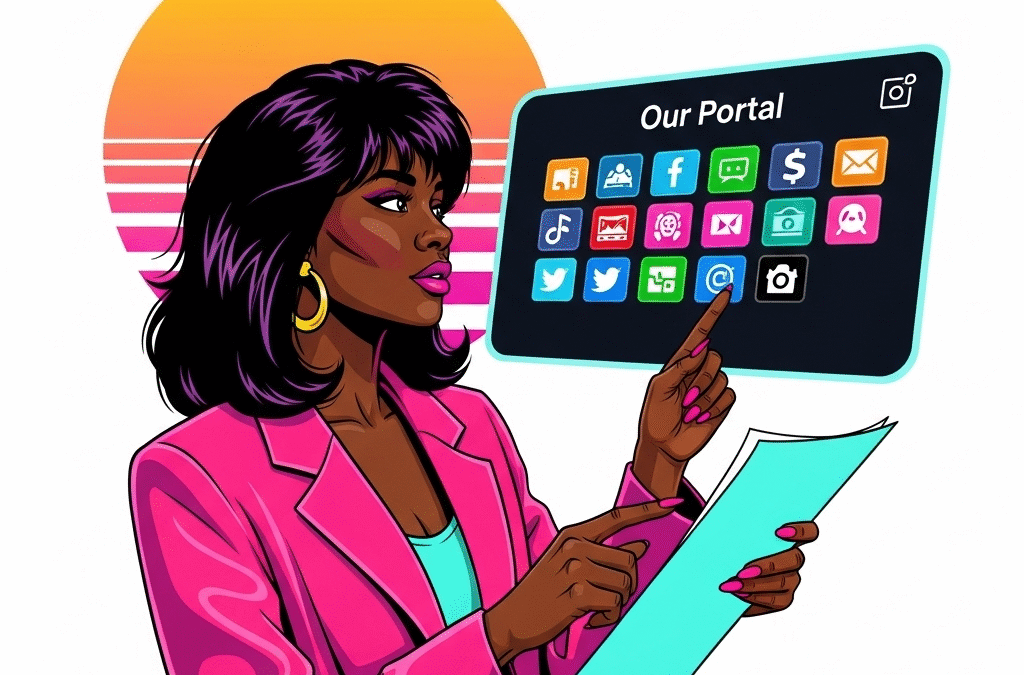In today’s digitally-driven world, national parks are seeking innovative ways to attract visitors and offer them unique experiences. One of the most promising methods is the use of GEO-location games, which interactively merge the real and virtual worlds. The “Ghosts” project, offered by “CityQuest.lt” in Lithuania, is a prime example of how such games can become a powerful tool, not only sparking visitor interest but also contributing to their physical and emotional well-being.
Promoting Healthy Habits
GEO-location games like “Ghosts” are an excellent way to encourage physical activity. Instead of sitting in front of a computer or television screen, players are invited outdoors where, using a smartphone app, they hunt for virtual ghosts, solve puzzles, and complete various tasks. To successfully meet the game’s challenges, players must walk, explore their surroundings, and spend time actively. In a national park setting, this activity becomes even more appealing—fresh air, stunning natural landscapes, and movement not only improve physical health but also turn exercise into a fun adventure. This is particularly relevant for engaging a younger audience and families looking for active and immersive leisure activities.
Increased Park Ticket Sales
Integrating innovative entertainment into the offerings of national parks can significantly increase visitor traffic and, consequently, revenue from ticket sales. A project like “Ghosts” attracts a new segment of visitors—tech-savvy individuals who might not have previously considered a trip to a park. The opportunity to experience something new and modern becomes a strong motivation to visit and test their skills. Furthermore, such games encourage social sharing, as visitors post their experiences and photos on social media, creating organic advertising and attracting even more people. For parks, this is an excellent opportunity not only to boost revenue but also to modernize their image and become more open to contemporary trends.
Improving Mental Health
Time spent in nature is a well-known method for reducing stress, improving mood, and restoring inner peace. GEO-location games in national parks enhance this positive effect. The “Ghosts” game requires not just physical but also mental engagement—players must use their observation skills, logical thinking, and creativity. This activity helps them disconnect from daily worries and immerse themselves in a world of adventure. The option to play alone or with friends and family also strengthens social bonds and creates positive emotions. Each player experiences a unique and personal adventure, and successfully overcoming challenges provides a sense of pride and satisfaction, which is a vital component of good mental health.
In conclusion, GEO-location games like “Ghosts” open up new possibilities for national parks. They not only encourage visitor activity and increase revenue but also contribute to the improvement of public physical and mental health. This represents a mutually beneficial partnership where everyone wins—both the parks and their visitors.

